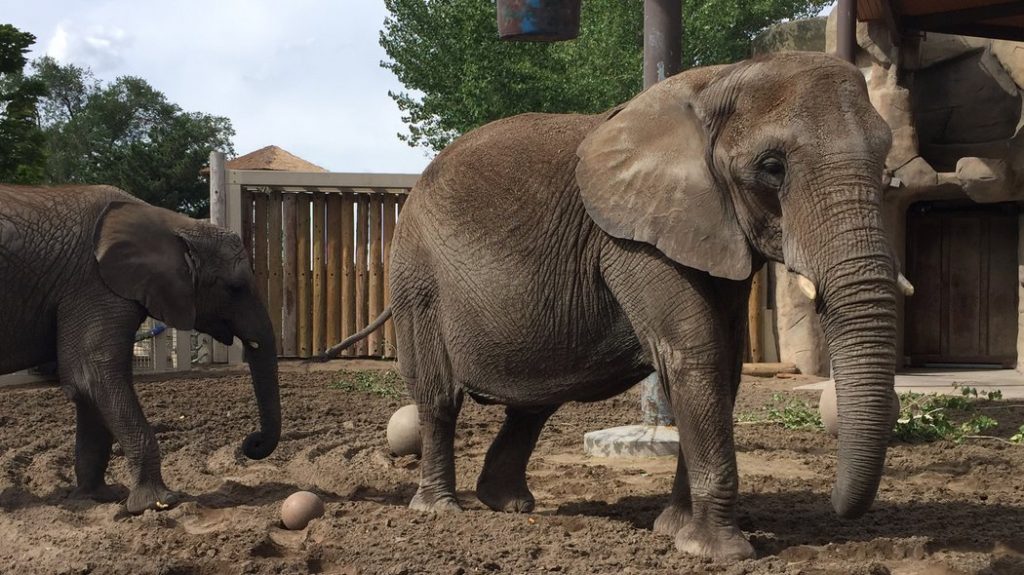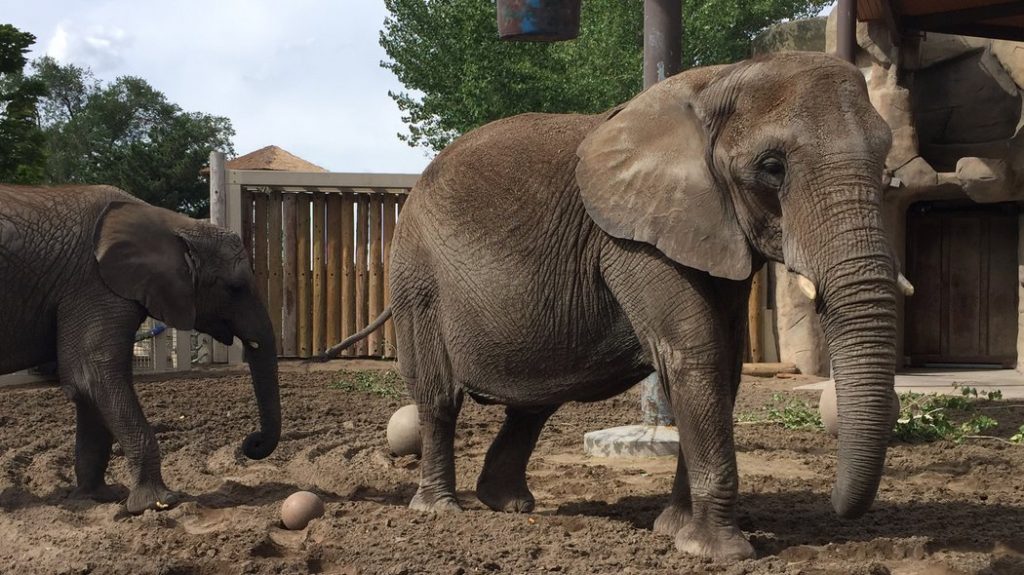In 1977, a University of Oxford statistician named Richard Peto pointed out a simple yet puzzling biological fact: We humans should have a lot more cancer than mice, but we don’t.
Dr. Peto’s argument was beguilingly simple. Every time a cell divides, there’s a small chance it will gain a mutation that speeds its growth. Cells that accumulate several of these mutations may become cancerous. The bigger an animal is, the more cells it has, and the longer an animal lives, the more times its cells divide. We humans undergo about 10,000 times as many cell divisions as mice — and thus should be far more likely to get cancer.
Yet humans and mice have roughly the same lifetime risk of cancer, a circumstance that has come to be known as Peto’s paradox.
To understand the elephants’ defenses, the scientists investigated a gene that is crucial for preventing cancer, called p53. The protein encoded by the gene monitors cells for damage to the DNA they contain. In some cases, it prompts the cells to repair the genes. In other cases, p53 stops cells from dividing further. And in still other cases, it even causes the cells to commit suicide.


Leave a Reply